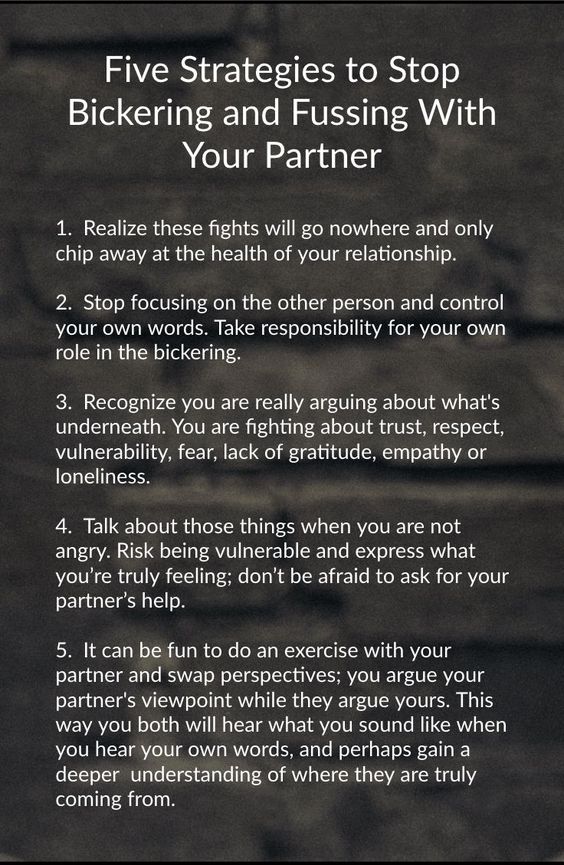Ruth Bader Ginsburg Quote on Intentionally Being A Little Deaf Towards Thoughtless Or Unkind Words
“Another often-asked question when I speak in public: ‘Do you have some good advice you might share with us?‘ Yes, I do. It comes from my savvy mother-in-law, advice she gave me on my wedding day. ‘In every good marriage,’ she counseled, ‘it helps sometimes to be a little deaf.’ I have followed that advice assiduously, and not only at home through fifty-six years of a marital partnership nonpareil. I have employed it as well in every workplace, including the Supreme Court of the United States. When a thoughtless or unkind word is spoken, best tune out. Reacting in anger or annoyance will not advance one’s ability to persuade.”
Ruth Bader Ginsburg, My Own Words
Beyond the Quote (260/365)
In every relationship in life, I think it helps to be a little deaf. And I, nor RBG, mean this in a demeaning, belittling, dismissive way for the other person. We mean it in a self-loving kind of way. We choose to be a little deaf towards the thoughtless and unkind types of remarks. The remarks that are not backed by thought, but are rather reactive, emotional, and are lacking of reason or fact. The remarks that do not serve the higher purpose of advancing the argument, but rather attack the person and are derogatory or unkind in nature. Those are the types of thoughts that should fall on deaf ears.
Read More »Ruth Bader Ginsburg Quote on Intentionally Being A Little Deaf Towards Thoughtless Or Unkind Words


